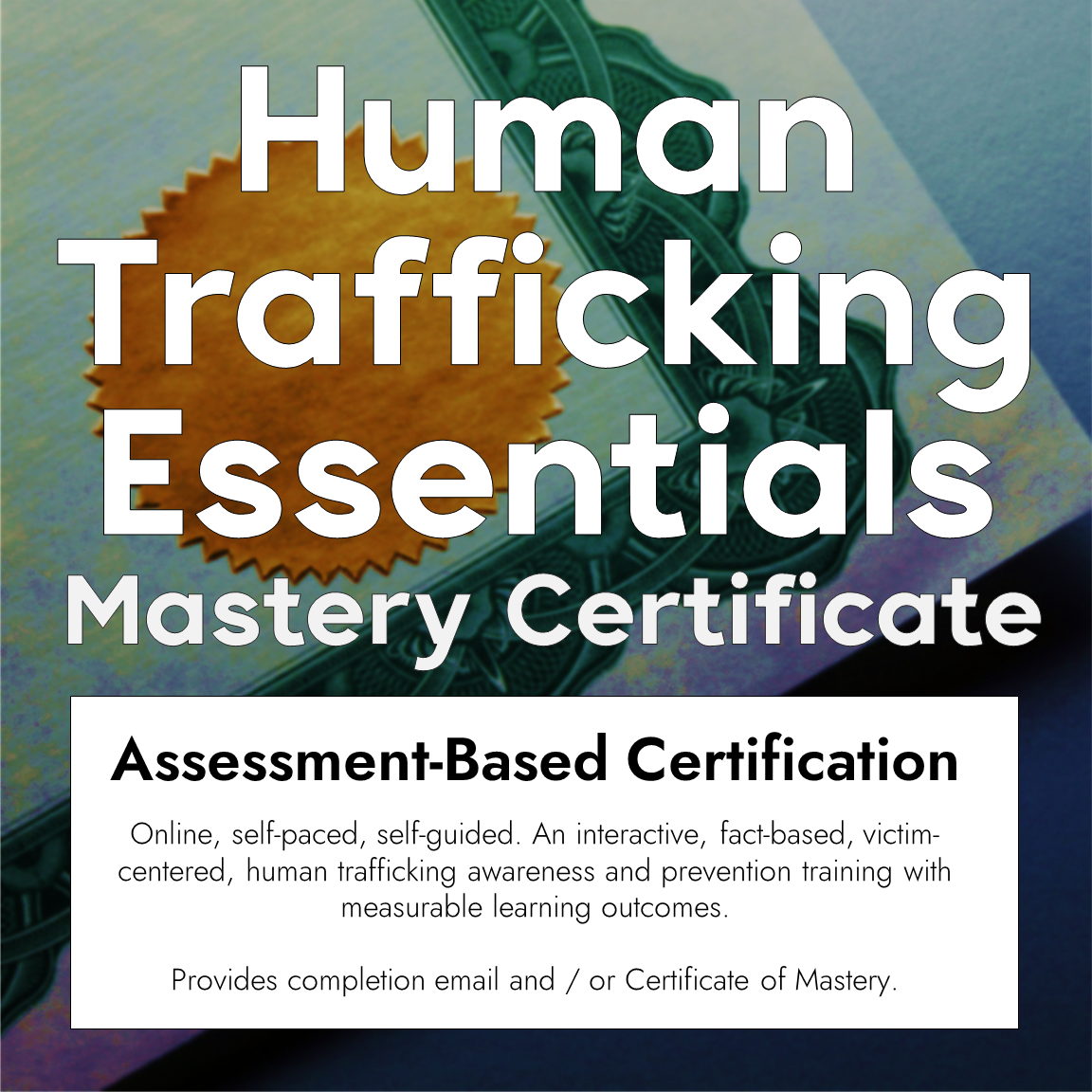El Cajon demands motel add more security after sex offender arrests

Leaders in East County's largest city have demanded a local motel make several changes or risk closure, part of a broader crackdown on El Cajon hotels that have rented high numbers of rooms to homeless people.
The local Motel 6 must add security 24 hours a day, take down a fence blocking a potential fire lane and continue to clean up trash by the property ahead of another hearing in the coming months.
The move comes after the arrests of two registered sex offenders accused of sexually assaulting a 16-year-old girl at the motel, as well as a steady stream of 911 calls from that area.
“This amount of calls — it's alarming,” Planning Commissioner Shannon Edison said Tuesday at a public meeting.
The commission unanimously voted to revoke the hotel's “deemed approved status,” which is a step toward taking away a business' right to operate, although one city leader said they'd never before had to go that far.
Representatives for the motel, which has 174 units at 550 Montrose Court, said they were more than willing to make changes.
“A hotel can't do a background check on everybody who comes there,” said Jason Saccuzzo, an attorney with the San Diego-based firm Vivoli Saccuzzo, LLP. “That said, whatever we can do to minimize problems, we're obviously prepared to do those things.”
During a recent 12-month period, police, paramedics or the fire department were called to the motel 364 times, city officials said. That included 80 alleged disturbances and 76 medical emergencies, as well as several drug overdoses.
Commissioners told the motel to develop a plan to improve public safety, enroll managers in human trafficking training and give the city a monthly report about the number of vouchers it accepted.
The stakes are getting higher: The property next door is about to become a child day care center.
Saccuzzo said the motel had stopped working with the Los Angeles-based nonprofit People Assisting The Homeless, or PATH, whose clients included the arrested sex offenders. The motel's owners were shocked by the alleged assault and didn't know that some people renting rooms had recently been incarcerated, he said.
In a brief interview after the meeting, he said the motel was still accepting vouchers for people displaced by natural disasters but was generally not renting to people experiencing homelessness.
While there have been more arrests at or near places housing high numbers of homeless people in El Cajon, police data do not show an exact correlation between crime and vouchers.
Saccuzzo also asked that the fence blocking the fire lane eventually be put back up in some form, because it helped ensure anyone driving onto the property passed the lobby. He also blamed the trash and some disturbances on people who'd been living in a nearby abandoned building.
Mark Rolfes, a motel manager, said he'd been attacked in the past while trying to protect the motel. The facility had been between guards when the alleged sexual assault occurred last month but there is currently security during the night, he said.
Saccuzzo and Rolfes met with the police chief immediately after the meeting.
The commission also advanced a proposal that would apply many of the same changes to all hotels in the city.
Staff at facilities accepting vouchers would be required to undergo trafficking training and submit regular voucher reports, the rules say.
Furthermore, El Cajon believes hotels shouldn't have to call 911 more than an average of once per room, per year, meaning a facility with 174 units should annually be visited by first responders only around 174 times.
Hotels could be on the hook to pay police or paramedics if their call average exceeded that standard, according to the proposal, and violators could be shut down.
That proposal now goes to the city council, where officials have already signaled strong support for stricter enforcement.
This story originally appeared in San Diego Union-Tribune.
This “Eyes on Trafficking” story is reprinted from its original online location.
Fair Use Notice: The PBJ Learning Knowledge Vault is dedicated to advancing understanding of various social justice issues, including human trafficking and related topics. Some of the material presented on this website may contain copyrighted material, the use of which has not always been specifically authorized by the copyright owner. We are making such material available in our efforts to promote education and awareness of these important issues. There is no other central database we are aware of, so we put this together for both historical and research purposes. Articles are categorized and tagged for ease of use. We believe that this constitutes a ‘fair use' of any such copyrighted material as provided for in section 107 of the US Copyright Law. In accordance with Title 17 U.S.C. Section 107, the material on this site is distributed without profit to those who have expressed a prior interest in receiving the included information for research and educational purposes. For more information on fair use, please visit: “17 U.S. Code § 107 – Limitations on exclusive rights” on Cornell Law School's Legal Information Institute.

ABOUT PBJ LEARNING
PBJ Learning is a leading provider of online human trafficking training, focusing on awareness and prevention education. Their interactive Human Trafficking Essentials online course is used worldwide to educate professionals and individuals how to recognize human trafficking and how to respond to potential victims. Learn on any web browser (even your mobile phone) at any time.
More stories like this can be found in your PBJ Learning Knowledge Vault.
EYES ON TRAFFICKING
This “Eyes on Trafficking” story is reprinted from its original online location.
ABOUT PBJ LEARNING
PBJ Learning is a leading provider of online human trafficking training, focusing on awareness and prevention education. Their interactive Human Trafficking Essentials online course is used worldwide to educate professionals and individuals how to recognize human trafficking and how to respond to potential victims. Learn on any web browser (even your mobile phone) at any time.
More stories like this can be found in your PBJ Learning Knowledge Vault.

